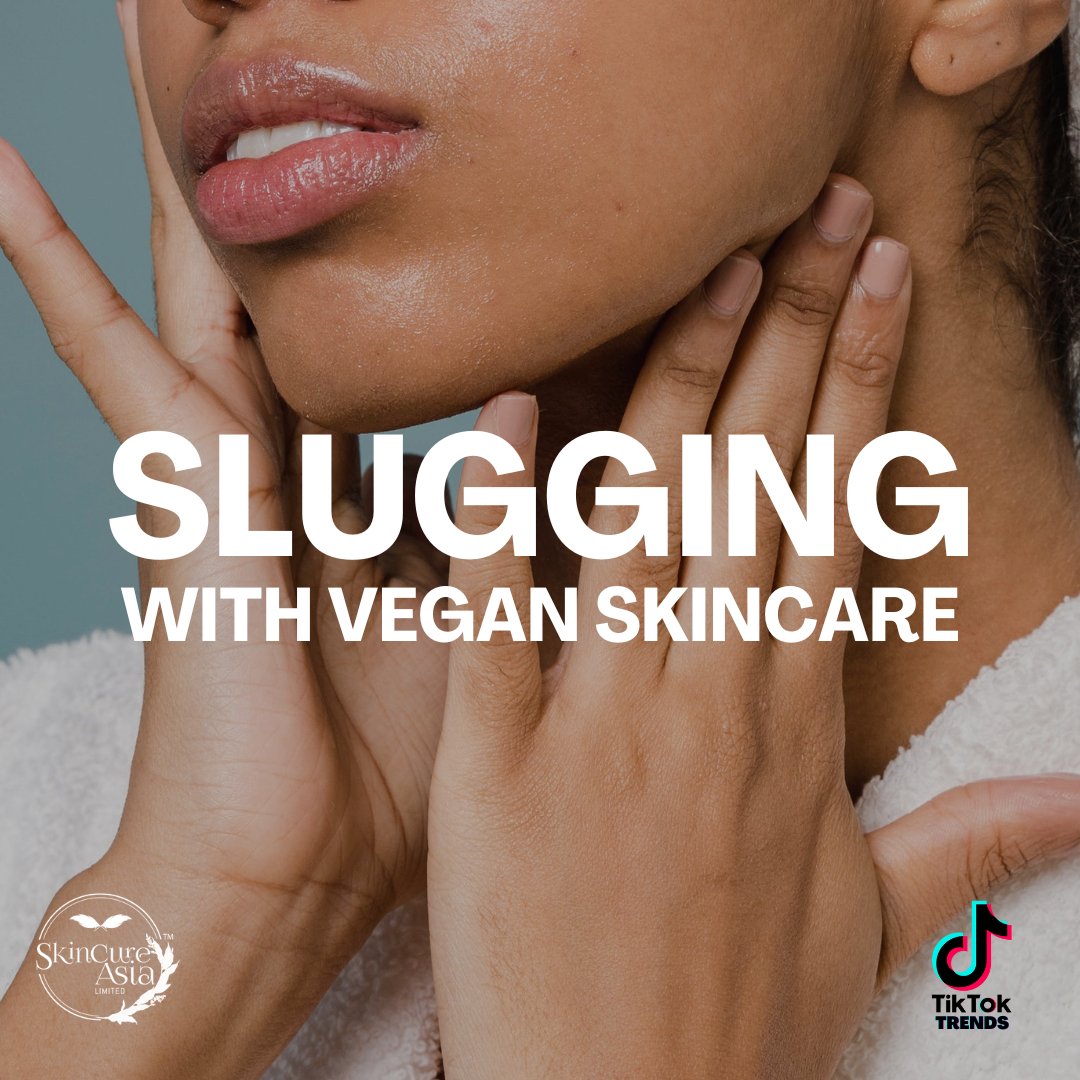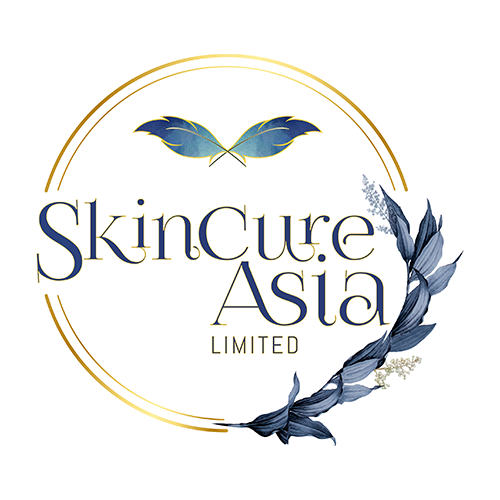
What is Slugging? Slugging with Vegan Skincare?
Slugging, a popular skincare technique, involves applying a thin layer of an occlusive product like Vaseline or petrolatum on your face before bedtime.
By doing so, you create a barrier that prevents water loss and locks in moisture, leaving your skin deeply moisturized and rejuvenated when you wake up.
This method is considered particularly beneficial for individuals with dry skin.
Petrolatum, also known as petroleum jelly, is a popular skincare ingredient that forms a protective barrier on the skin to lock in moisture.
It is derived from petroleum and is widely used in various beauty products due to its occlusive properties. It forms a protective barrier on the skin's surface, preventing moisture loss and enhancing the skin's natural hydration.
However, some vegans may have concerns about its production process, which is closely linked to the oil industry.
The extraction of petrolatum involves refining crude oil, a process that has environmental implications, including habitat destruction, water pollution, and greenhouse gas emissions.
Despite not being directly derived from animals, the connection to the oil industry may raise ethical concerns for some individuals following a vegan lifestyle.
Therefore, here are a few vegan-alternatives to occlusive products so you can hope on the trend without worry :
1. Shea Butter
Shea butter, extracted from the nuts of the shea tree, is famous for its rich texture and hydrating benefits. This natural emollient is a popular choice in vegan skincare items, delivering moisture and nutrients to the skin.
Coconut oil is known for its antibacterial properties and its ability to lock in moisture.
Argan oil is a plant oil produced from the kernels of the argan tree known for its anti-aging and skin softening properties. It acts as a superfood for your face even if your skin is acne-prone.
